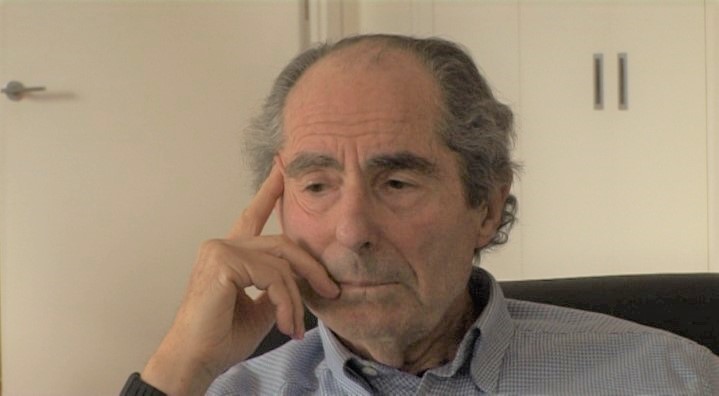NEXT STORY

Freedom: unleashing the gush
RELATED STORIES

NEXT STORY

Freedom: unleashing the gush
RELATED STORIES


|
Views | Duration | |
|---|---|---|---|
| 71. Is the voice the same as a character? | 434 | 00:18 | |
| 72. Portnoy's Complaint: using psychoanalysis | 551 | 03:09 | |
| 73. Freedom: unleashing the gush | 352 | 00:59 | |
| 74. Portnoy’s Complaint: freedom to move | 296 | 01:15 | |
| 75. My clown | 315 | 03:21 | |
| 76. Dinner with friends was improvisational theatre | 297 | 01:52 | |
| 77. Portnoy’s Complaint: making my mother cry | 451 | 03:41 | |
| 78. Portnoy’s Complaint: sending my parents on a... | 390 | 01:25 | |
| 79. Portnoy’s Complaint: my mother’s question | 455 | 00:33 | |
| 80. The Portnoy scandal | 395 | 03:49 |


I began Portnoy's Complaint without a book in mind. I just had an idea of writing a story about a patient speaking in analysis. And I wrote a very modest story called A Jewish Patient Begins His Analysis, which I think appeared in Esquire, and it was 25, 30 pages. And I wouldn't say that I had found my freedom there. I was laying something out rather carefully. And I had no idea I was going to go anywhere with that, at all. I… it triggered… but that first quiet chapter triggered something, because I realised the amount of freedom that was possible to me by having a psychoanalytic setting… a psychoanalytic session as the setting.
And so, this… going forward I began to write this completely unbuttoned chapter about masturbation. By treating masturbation as a comedy, which it is… which it is, and it's a very funny thing to do. And treating it as a comedy and talking about what it was like for this guy as an adolescent, all of it in the psychoanalytic setting, and I was free, as I hadn't been in the first chapter. But had I not established the premise of the first chapter, I wouldn't have been free. And I had a good time doing that and I was delighted by it. And I'd never done anything like that before. It was look this was new for me too, you know. And this isn't what I studied literature for at the University of Chicago.
The fame of the American writer Philip Roth (1933-2018) rested on the frank explorations of Jewish-American life he portrayed in his novels. There is a strong autobiographical element in much of what he wrote, alongside social commentary and political satire. Despite often polarising critics with his frequently explicit accounts of his male protagonists' sexual doings, Roth received a great many prestigious literary awards which include a Pulitzer Prize for fiction in 1997, and the 4th Man Booker International Prize in 2011.
Title: "Portnoy's Complaint": using psychoanalysis
Listeners: Christopher Sykes
Christopher Sykes is an independent documentary producer who has made a number of films about science and scientists for BBC TV, Channel Four, and PBS.
Tags: A Jewish Patient Begins His Analysis, Esquire, University of Chicago
Duration: 3 minutes, 9 seconds
Date story recorded: March 2011
Date story went live: 18 March 2013